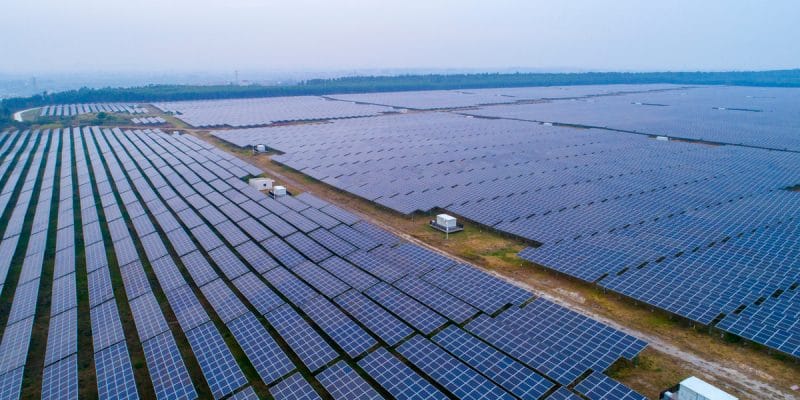The Tunisian branch of the Japanese International Cooperation Agency (JICA) has just announced the launch of a study in the renewable energy sector. The initiative is part of the cooperation between Japan and the Tunisian government in the renewable energy sector. Relying mainly on solar and wind energy, the North African country intends to produce the equivalent of 3,500 megawatts (MW) in ten years.
The Japanese-Tunisian cooperation on renewable energies is entering the operational phase. A study programme in the energy and renewable energies sector has just been launched in Tunisia. The initiative of the Japan International Cooperation Agency (JICA) aims at a detailed examination of the potential impacts and issues related to a massive integration of electricity produced from renewable sources. It also aims to find appropriate solutions for each issue.
This study programme “represents an excellent opportunity for JICA’s main partner Steg (the Tunisian Electricity and Gas Company, editor’s note). This is to immerse themselves in the best practices developed in Japan in this field. It is also an opportunity to take advantage of the technology transfer planned during the implementation of activities under the programme,” says JICA.
Tunisia wants to produce 3,500 MW of renewable capacity by 2021
The study programme just launched by JICA in Tunisia will continue until the end of 2021. It follows on from the visit that JICA experts made to Tunisia from 15 to 24 July 2019, with the aim of identifying the potential for cooperation in the renewable energy sector.
Japan is keen to put its rich experience in renewable energy at the service of Tunisia’s energy ambitions. Relatively lagging behind the countries of its region, Tunisia intends to catch up. The North African country which still only produces 3 % of its electricity from renewable sources wants to increase this share to 30 % by 2030. That is to say 3 500 MW of power in 10 years. Marking its choice for solar and wind power, Tunisia has launched four calls for tender in the space of three years, for the realisation of electricity production projects from these sources.
Boris Ngounou




